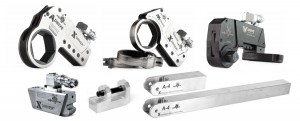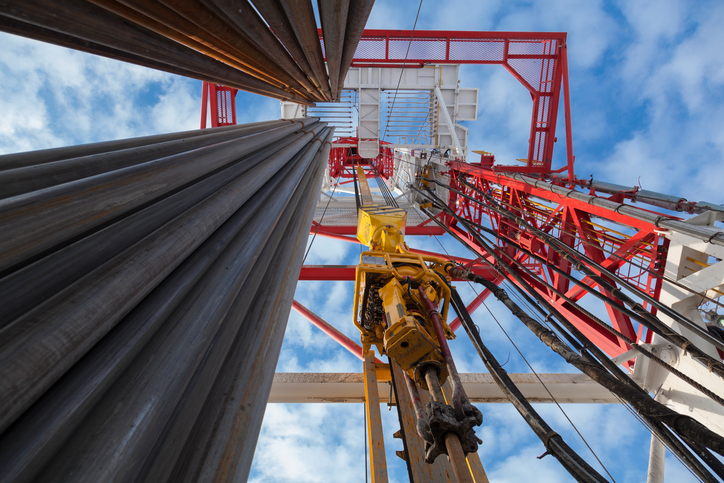Almost everyone working with tools has been hurt on the job or knows someone who was injured. In this article, we will discuss how to ensure safe hydraulic and pneumatic tool use on your job site so you can mitigate risks.
How to Use Powerful Tools Safely
Most safety incidents that occur while using hydraulic or pneumatic torque wrenches can be prevented through proper handling of the equipment, preventative maintenance, and annual safety training.
1. Proper Tool Handling
Understanding how to correctly use and handle your torque wrench is the first step in ensuring safety. This includes following manufacturer’s guidelines for operation and wearing appropriate safety gear.
2. Regular Maintenance
Routine maintenance checks and calibrations of your tools can help prevent malfunctions and accidents. It’s crucial to keep your tools in top working condition to guarantee their safe operation.
3. Annual Safety Training
Regular safety training helps ensure that all personnel are up-to-date on the latest safety protocols and procedures. This training should include proper tool usage, emergency procedures, and tips for identifying potential risks.
Where do injuries often occur?
The most common injury stems from the reaction arm. Almost all high-powered torque wrenches require a reaction arm, which abuts against the adjacent nut to stop the tool from twisting while the drive turns the nut.
What causes most injuries and how can they be prevented?
Improper tool handling is usually the cause of most reaction arm-related injuries. If the tool in use cannot be operated hands-free, a handle should be used with the tool to prevent the operator from holding it too close to the reaction arm.
Another way to prevent reaction arm injuries is through the use of specialized reaction fixtures that are designed for your application. New technology is available allowing tools hands-free operation and without external reaction on all applications.
For tools that are not compatible with this new technology, find a reaction fixture.
That said, though, the best way to prevent these kinds of accidents is through regular safety training.
Schedule Your Tool Maintainance, So You Never Forget
 Performing regular maintenance on all your bolting equipment, or scheduling inspections and preventative maintenance with a pro can also make bolting jobs safer.
Performing regular maintenance on all your bolting equipment, or scheduling inspections and preventative maintenance with a pro can also make bolting jobs safer.
Even the best accessories can’t prevent an accident that results from worn or damaged equipment. It’s critical to schedule regular tool inspections and preventative maintenance like seal replacements and fresh lubrication of moving parts.
When performed regularly, these simple actions make tools safer and longer lasting.
Inspect all Your High-Powered Tools on The Job Site
Additionally, inspect the tools and application to ensure proper reaction points and safe working conditions.
If a hydraulic hose is kinked or damaged, replace it. At 10,000 psi of pressure, even the smallest hole in the hose can emit a dangerous stream of hot hydraulic oil. The oil itself should be replaced after every major use. This keeps the job safer and ensures the longevity and performance of the hydraulic tools used with the pump.
Perform on-the-spot safety checks

One of the simplest ways to prevent injury while using hydraulic or pneumatic torque wrenches is to perform a pre-job safety check before every day of use.
The work area should be clear and well-lit, and the tool operator should always wear proper protective equipment.
All sockets should be impact-grade and inspected for cracks and defects before use. Hoses should be inspected for kinks, holes or cracks and replaced on a 2-3 year schedule. The tool and reaction fixture should be inspected for defects and test-fit on the application before use, and the tool should be run with low pressure and no resistance to test for leaks before the job starts.
Safety First: Always
These steps will help prevent injuries and increase productivity on the job.
On-site safety training should be given to tool operators every year to make sure that anyone handling a tool is up to date on the latest safety procedures.
Find The Equipment & Training You Need at Ultra Torq
If you need help at any stage – finding the right tool, training or maintenance – we’re ready to help. It’s our business to keep your business productive and safe.

